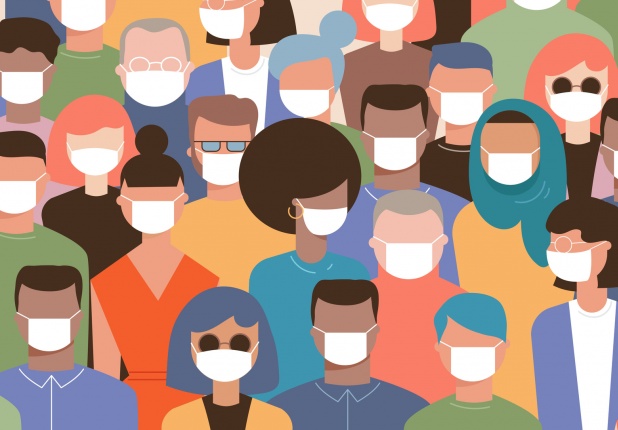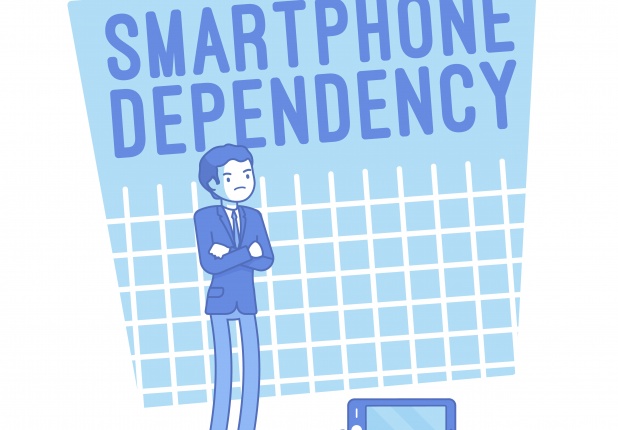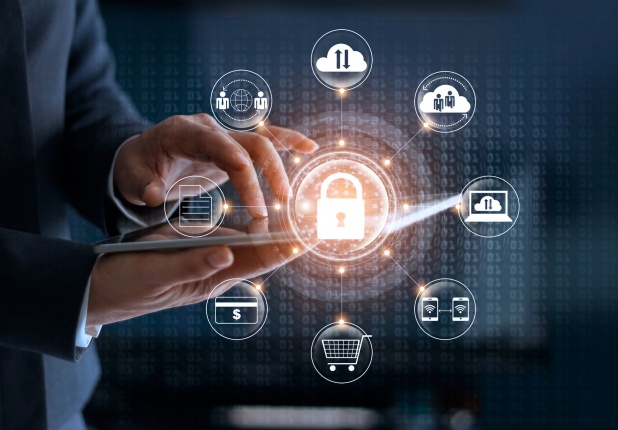Life After COVID 19: E-Discovery Considerations for Attorneys and Clients
Life around the world has significantly changed in the last three months. From job losses, homeschooling, and working from home, daily life is not the same as it was in February. The world of E-Discovery has not been immune. Law firms and service providers have been forced to adapt to a quickly changing environment. From an E-Discovery perspective, the use of these remote working tools creates new data sources for preservation and collection. Diligent attorneys and clients would be wise to consider and discuss how these tools might impact the phases of E-Discovery moving forward.



